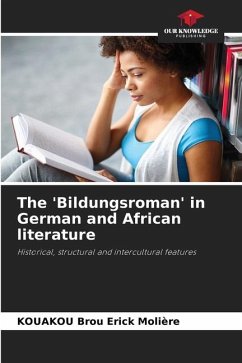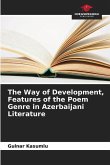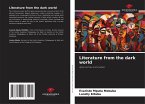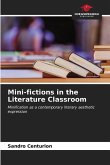Analyzing and defining the Bildungsroman, a creation of the German philosophical and literary spirit, in the literature of French-speaking sub-Saharan Africa, is an undertaking that requires rigor and determination. For, despite numerous studies of this novelistic genre, the Bildungsroman remains insufficiently studied in African literature. We would not, however, have been able to give a positive answer to this question if we had not considered the genre under study, both in terms of its history and structure, and in terms of what determines it, if we had not taken the trouble to define and distinguish the Bildungsroman from other novelistic genres, then to consider certain novels from German and French-speaking African literature in accordance with typical characteristics, and to establish a comparative analysis, using methods of analysis that we have deemed adequate. Thus, in the study of our corpus comprising four German and four African novels, we had recourse to theories ofanalysis, including narratology, which was of considerable help in the study of the structure of the Bildungsroman.








